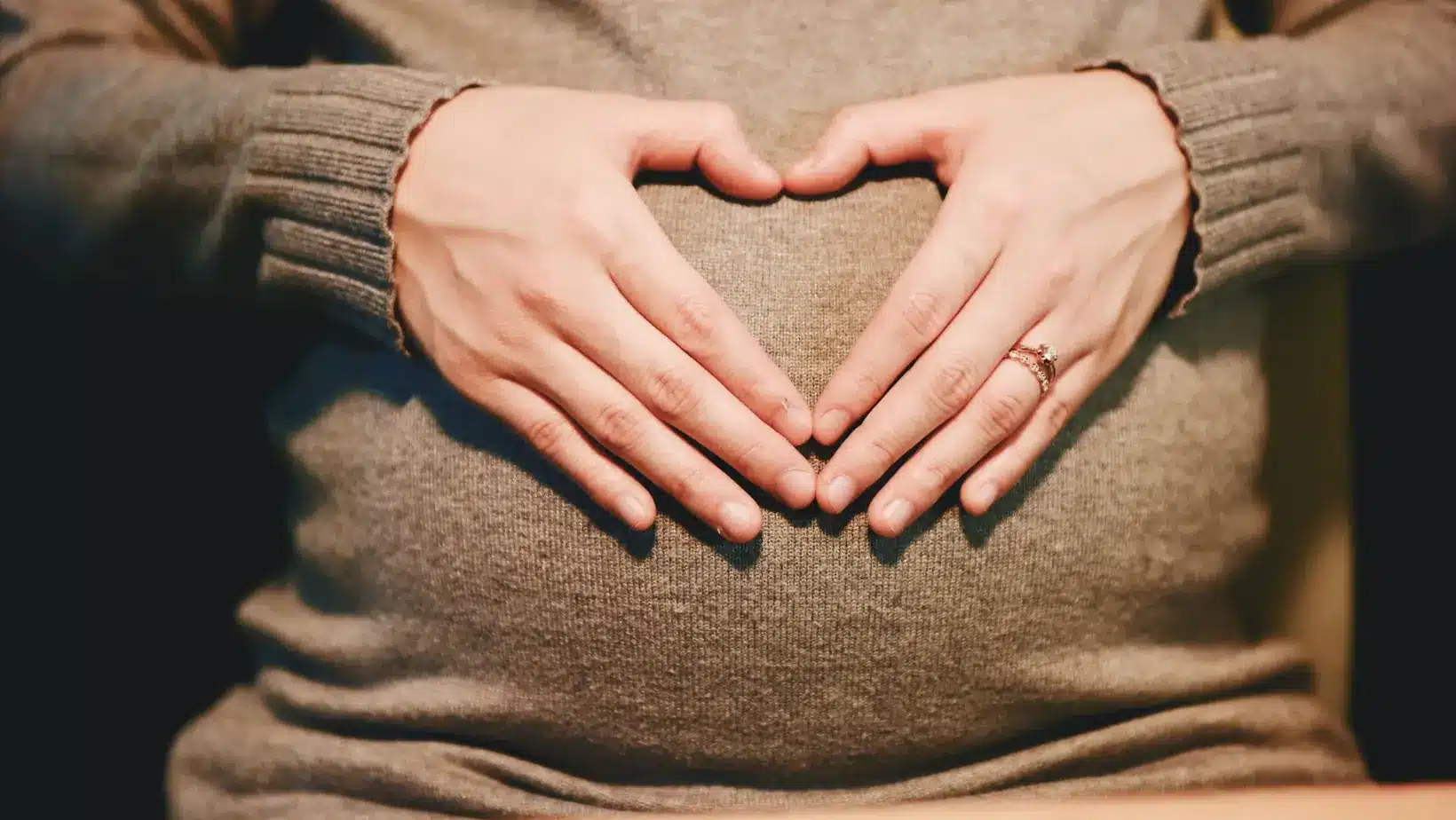To learn about the signs of gestational hypertension, read the previous part: Signs and Symptoms of Gestational Hypertension during Pregnancy.
Article updated on january 2021.
Treating gestational hypertension depends on many factors. If we focus on the increased blood pressure not leading to preeclampsia, treatments or actions will be taken to stabilise the pregnant woman’s blood pressure:
- Closely follow their weight gain;
- Reduce activities or have the mother rest in their home. In more severe cases, the mother could be hospitalised adequately supervise her and her baby;
- Diminish sources of stress;
- Oral medication as needed only based on the personalised medical evaluation of the pregnant woman (aspirin, calcium, magnesium, etc.).
Taking your blood pressure should be done properly to ensure that you have the most precise data before starting treatments. The armband has to fit the woman’s arm properly (right size), never taken over clothing with the sensor on the skin. Always use the arm where the pressure seems higher (pressure can vary from one arm to another), using a stethoscope is always better than a machine in pharmacies, take it seated, ideally after resting for 10 minutes prior, feet on the ground, legs uncrossed, and while silent.
During gestational hypertension, as needed the pregnancy could be provoked (induction) around 37 weeks to prevent complications that could occur during the last weeks of pregnancy.
If the hypertension was pre-existing, you should expect to give birth around 38 or 39 weeks. If severe complications were present during the pregnancy, such as preeclampsia, the delivery would take place earlier, around 35 weeks. Of course, in situations that allow us to wait until then. In certain cases, a caesarian is recommended to reduce complications for mother and baby. The later the high blood pressure in pregnancy, the less recurrence occurs when a woman becomes pregnant again. However, otherwise, the risk is said to be one in five.
Risks for Mother and Baby
For the mother, persistent and severe hypertension can lead to light or severe pre-eclampsia or HELLP syndrome. Indeed, this will require an emergency intervention for the life of the mother and baby, with or without premature delivery.
The rate of complications and the severity of impacts in the mother and their child are directly related to the severity of the preeclampsia, such as HELLP or placental abruption, for example. Vascular, pulmonary and coagulation issues are also possible.
For babies, if the mother has gestational hypertension, they can be smaller at birth (slow in-utero growth) and are often born prematurely.
After delivery, what happens to my blood pressure?
After delivery and the parturition of the placenta, blood pressure should stabilise rapidly. Usually, it can take up to 8 weeks for blood pressure to return to more normal levels. This is why postnatal monitoring is continued to check to see if the mother is returning to her normal blood pressure parameters.
For a woman who has early preeclampsia during her pregnancy, who has medium to high risk factors added to her history such as hypertension, diabetes, kidney problems, multiple pregnancy, aged over 40, obesity, she should not be surprised if her doctor starts treating her with aspirin during the 2nd trimester (before 16 weeks) to prevent possible complications. Don’t worry, with the right dose there will be no additional bleeding or serious side effects using aspirin during risky pregnancies.
I would also like to note that nothing will prevent a mother with gestational hypertension or pre-eclampsia from breastfeeding their baby.
To conclude this entry, it’s clear no one would want pregnancy complications such as gestational hypertension. However, this text can help you better observe and recognise the early worrying signs potentially associated with gestational hypertension. You can then consult your health professional. I’m not trying to scare you. On the contrary, I wanted to give you information you so that you can prevent dramatic situations.
Talk soon,
Marie
The Baby Expert


